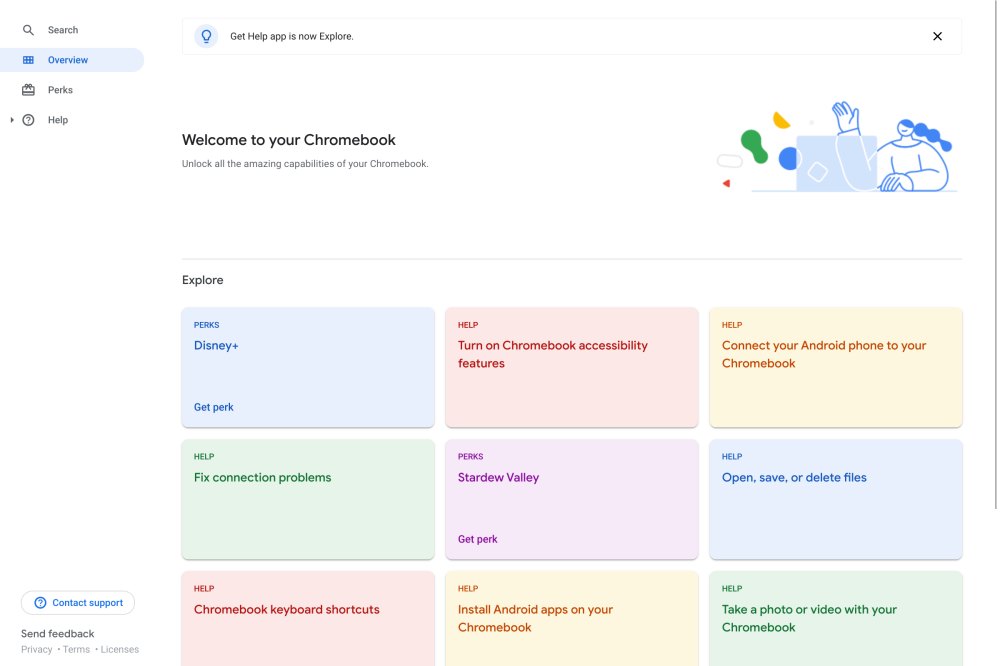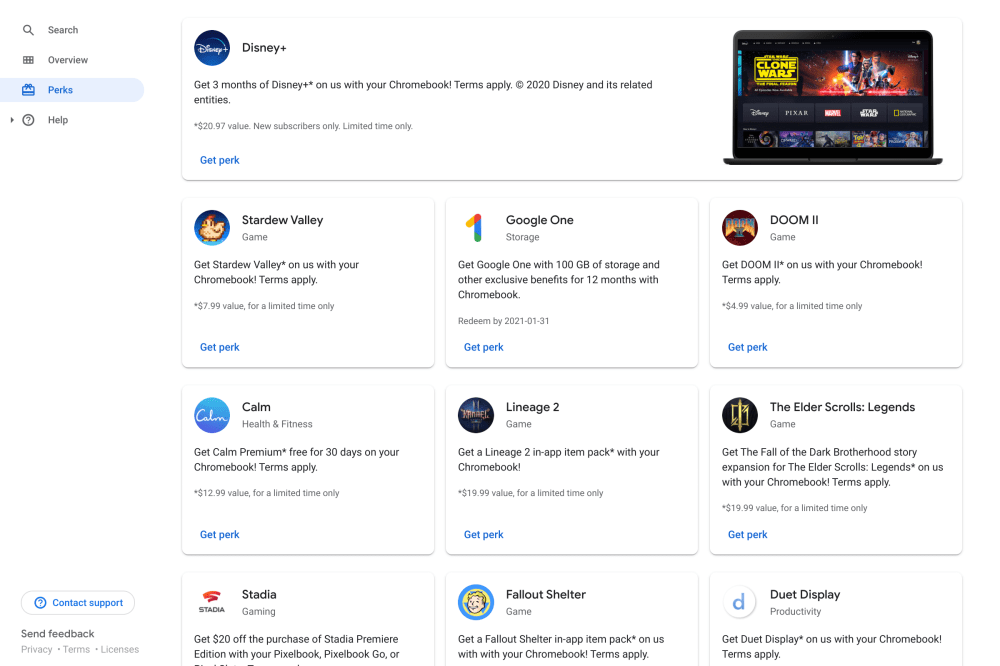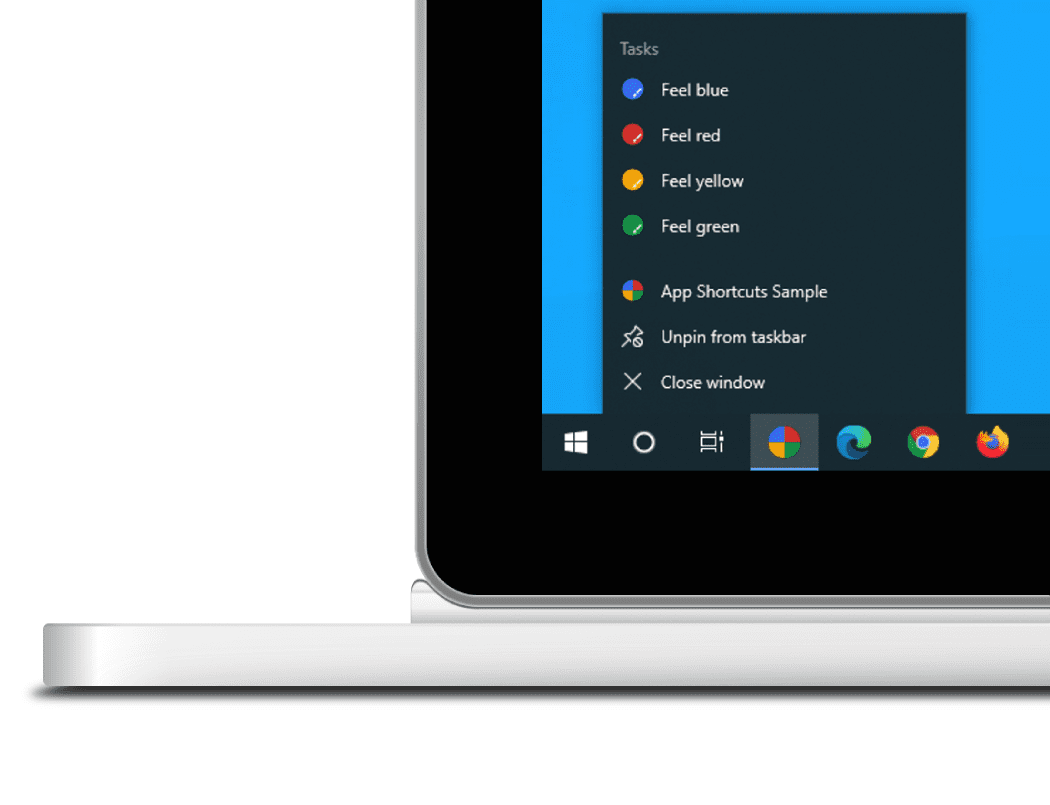
After rolling out last week to Mac, Windows, Linux, and Android, Chrome OS 84 will soon be available in the coming weeks. There are a number of usability improvements this release.
After delaying due to COVID-19 and not wanting to negatively impact banking, groceries, government, and other essential service sites, SameSite cookie labeling will be gradually be re-implemented in version 84. This secure-by-default handling of third-party cookies limits tracking and increases privacy.
Chrome OS 84 introduces more emoji, including yawning face (🥱), an ear with a hearing aid (🦻), and a sari (🥻). Right-click on any text field and select “Emoji” to bring up the virtual keyboard.
When in Overview mode, dragging a window to the left/right edge will quickly set up split screen. Those with multiple monitors can also “drag windows from [their] Chromebook’s screen to an external monitor and vice versa.”

Abusive notification prompts are “one of the top user complaints.” Chrome 84 is tackling this by blocking intrusive notifications and other permission requests from sites that repeatedly bug users about enabling. Building on version 80’s quieter notifications UI, the goal is to discourage users from granting sites the ability to show alerts.

Google has been working to reduce CPU and power consumption over the past few releases. Chrome will detect when a browser window is covered by another to suspend work painting pixels, thus preserving resources when a page isn’t being viewed. This feature will appear for some users in version 84, and a wider release is expected with Chrome 85. It builds on Chrome freezing tabs — except for playing audio/video and recording — that have been in the background for over five minutes.
After an extension changes the default search engine or New Tab page, Chrome will confirm the decision with users. If this was done nefariously, there will be an option to revert back to previous settings.
Chrome OS gets a new “Explore” app to replace “Get Help.” Featuring a rocket ship icon instead of the generic green question mark, Google calls it a “compass for navigating your Chromebook.” It appears after the initial onboard experience to provide answers to common questions and other visual tutorials. There’s also easy access to “Perks” from the sidebar.
Google has improved Chrome’s implementation of the Web Animations API. This “greater spec compliance” means the browser can clean up and remove old animations to save memory and improve performance.
Chrome 84 will warn macOS, Windows, Linux, and Chrome OS users about downloading an EXE, APK, or other executable over HTTP on an HTTPS page. The following alert will eventually appear as later versions of Chrome prevent the insecure download:

Progressive Web Apps can now create app shortcuts on desktop and mobile. They are accessed with a right-click on macOS and Windows, while a long-press on Android brings up the menu of common actions.
The Camera app now saves video in MP4 (H.264). This format allows recordings to be usable in other apps. When in tablet mode, you can now press the volume buttons to take a picture or start/stop video recording.
Other tweaks include:
- You can now resize a floating keyboard by dragging from the corners.
- Search within ChromeVox menus.
- Crostini/Linux (Beta) now has access to the microphone with the permission granted from settings. Use cases include letting Android app developers test a microphone-related features.
- Enterprise-managed devices will feature a new badge on the login/lock screen.
- PIN support for HP printers.
FTC: We use income earning auto affiliate links. More.





Comments